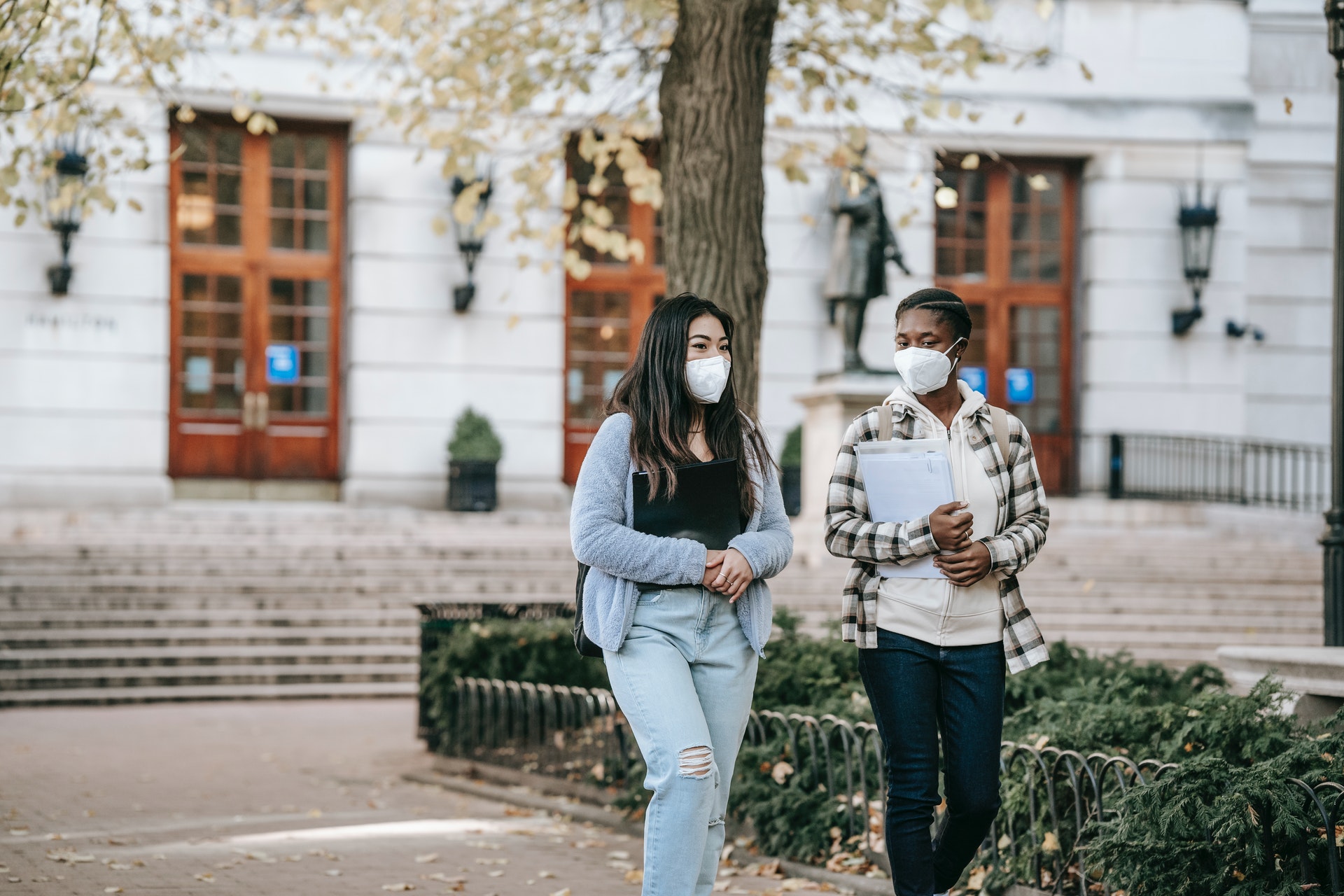The original version of this article was first published on BBC News.
Almost two-thirds of university students in the UK say their mental health is worse because of the Covid pandemic, a survey suggests.
The Higher Education Policy Institute (Hepi) report says ministers must “take heed” of the poll as restrictions ease. A total of 56% are not expecting any more face-to-face teaching in this academic year, but 66% of them are living in their student accommodation. The Department for Education has given £70 million to help students in need.
Although school pupils across the UK have now returned to their classrooms, and other restrictions imposed because of the pandemic are being eased, university students are still mainly being taught online. The poll of more than 1,000 full-time undergraduate students by Hepi found that only about a fifth (19%) have received reimbursement from their university or accommodation provider for lack of face-to-face teaching or for being unable to live in paid-for halls or private housing.
Students across the UK face varied prospects with universities setting out different plans. Some institutions like the University of Edinburgh and the London School of Economics have said they do not expect to resume face-to-face teaching this academic year. Others, however, like the University of Sussex, have said they aim to deliver some in-person teaching from Easter, according to the report.
Uncertainty for students
The report found that the pandemic and changes to student life continued to have a significant impact on students’ mental health. Almost two-thirds (63%) of students said their mental health was worse as a result of the pandemic. Just over a third (38%) of students were satisfied with the delivery of mental health services, whereas 50% were satisfied with the provision of other support services.
More than half of the students polled (54%) were satisfied with online learning – down slightly from 59% in a Hepi survey conducted last November, but higher than 42% in June. Rachel Hewitt, director of policy and advocacy at Hepi, said the picture for students remained unclear.
“There is talk about the student ‘return to campus’, but these results clearly show that many students are already in their term-time accommodation, despite most not expecting face-to-face teaching to return this academic year.
“Governments across the UK should take heed of these results in developing their plans to ease restrictions.”
Universities must be mindful of the impact of the pandemic on students’ mental health, she added. A spokeswoman for the group Universities UK said: “There is strong evidence that a 12 April return for all university students would benefit the mental health, wellbeing and development of those students who have had no in-person teaching or access to facilities this year.
“Universities are fully prepared and looking forward to welcoming students back to Covid-secure environments as soon as possible after Easter, with a variety of enriching activities on offer, including in-person teaching, access to study spaces, studios, and sports facilities, alongside additional support for those due to graduate this year.”
A Department for Education spokesperson said: “This has been a difficult time for students, and we are committed to getting all students back into university as soon as the public health situation allows. Students on practical and creative courses started returning from the 8th of March, and we will be reviewing options for the timing of the return of all remaining students by the end of the Easter holidays.
“We have also recently distributed up to £70 million to help students most in need, for example those struggling to cover accommodation costs as a result of the pandemic, in addition to an existing £256 million available to universities.”
The original version of this article was first published on BBC News.
Click here for information on Counselling for Children and Young People.





